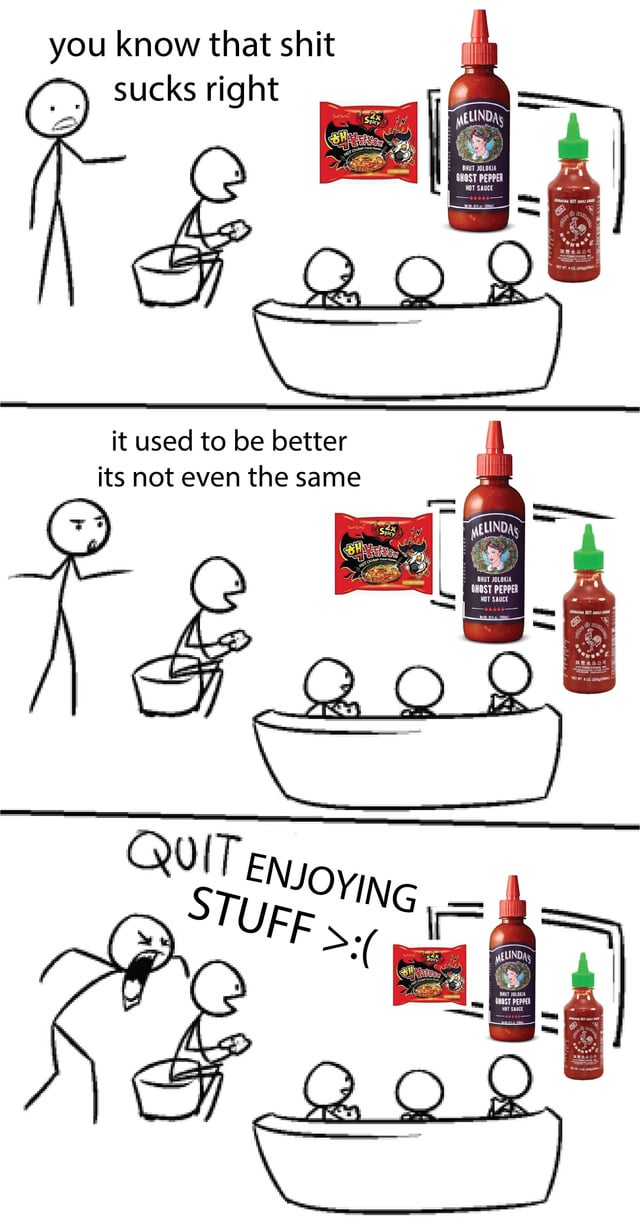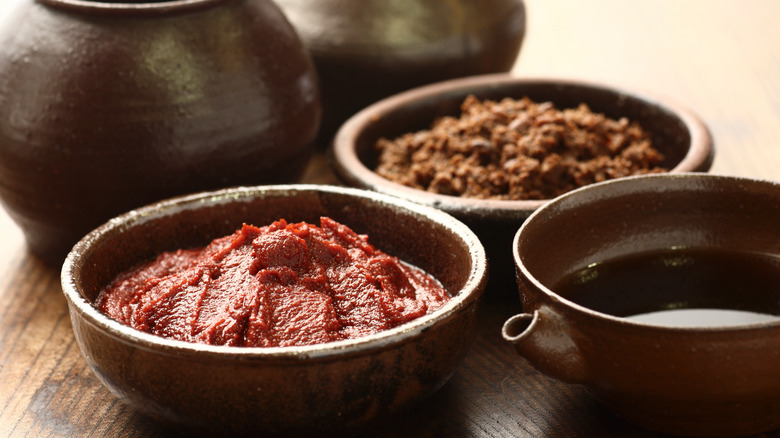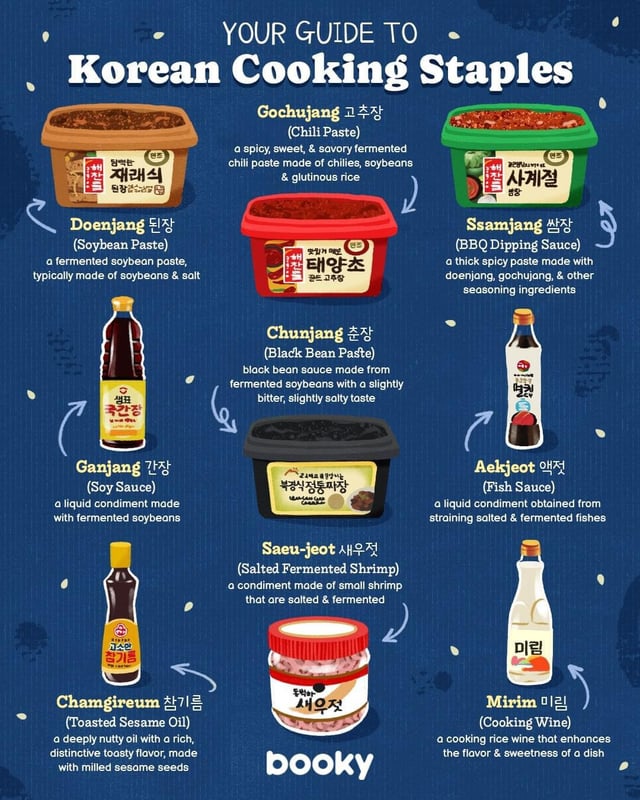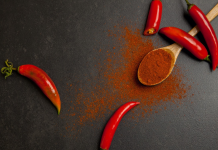Alright, let’s talk about something I’ve been digging into lately in my kitchen adventures. I got really into cooking Korean food a while back. You know how it is, you watch a few dramas, see all that amazing food, and next thing you know, your pantry is full of new bottles and tubs.

So, I started experimenting. Lots of bibimbap, bulgogi, stir-fries… you name it. And the sauces, oh man, the sauces! They just make everything taste incredible, right? That perfect mix of spicy, sweet, savory. I was using stuff like gochujang, ssamjang, and those pre-made marinades for galbi pretty generously. Didn’t really think twice about it, just focused on getting that authentic flavor I loved.
But then, over time, I started paying a bit more attention to what I was actually eating day-to-day. Not for any dramatic reason, just general awareness creeping in, I guess. I happened to glance at the label on my gochujang tub one day while waiting for water to boil. And I mean, I really looked at it.
My Little Investigation Phase
That got me curious. So, I pulled out a few of the usual suspects from my fridge and cupboard. Here’s what I was looking at:
- Gochujang (the red pepper paste)
- Ssamjang (the dipping sauce, often used with lettuce wraps)
- Doenjang (fermented soybean paste – though often less of a sugar issue, sodium can be up there)
- Pre-made Bulgogi/Galbi marinades
I started comparing them, reading the nutritional info and ingredient lists. It wasn’t exactly rocket science. What jumped out at me pretty quickly across several brands, especially the ones I used most often for that quick, punchy flavor, were a couple of things:
First, the sugar content. Wow. Especially in things like the bulgogi marinades and even some gochujang varieties, corn syrup or sugar was often listed pretty high up. I knew they had a sweetness, but I hadn’t quite registered how much sugar might be involved in getting that taste, especially when you use a good dollop.

Second, the sodium. Holy moly. Fermented products naturally have salt, that’s part of the preservation and flavor. But the levels in some of these sauces, particularly when you consider the serving sizes people actually use (not the tiny ones on the label), can add up incredibly fast. I definitely wasn’t sticking to a teaspoon here and there.
What I Do Now
So, what did I do? Did I dramatically throw everything out? Nah, not really my style. I still love Korean food, and these sauces are a big part of it. But my approach changed.
I started being way more mindful of how much I use. A little can go a long way, especially with the saltier ones. I also try to balance it out in the rest of the meal – maybe less salt in the other components if I’m using a salty sauce.
I also spend a bit more time reading labels when I buy replacements now. Some brands are definitely heavier on the sugar or sodium than others. It takes an extra minute in the aisle, but worth it to find one that fits a bit better with what I’m aiming for health-wise.
Sometimes, I even try making simpler versions myself. Like a basic bulgogi marinade – soy sauce, garlic, ginger, a touch of sweetener like pear or honey instead of loads of corn syrup. It’s not exactly the same as the store-bought punch, but it’s pretty good and I know exactly what’s in it.

It’s just about finding that balance, you know? Enjoying the flavors I love but not going completely overboard without realizing it. Just a little shift in awareness made a difference for me. Still cooking, still eating Korean food, just a bit more thoughtfully.










